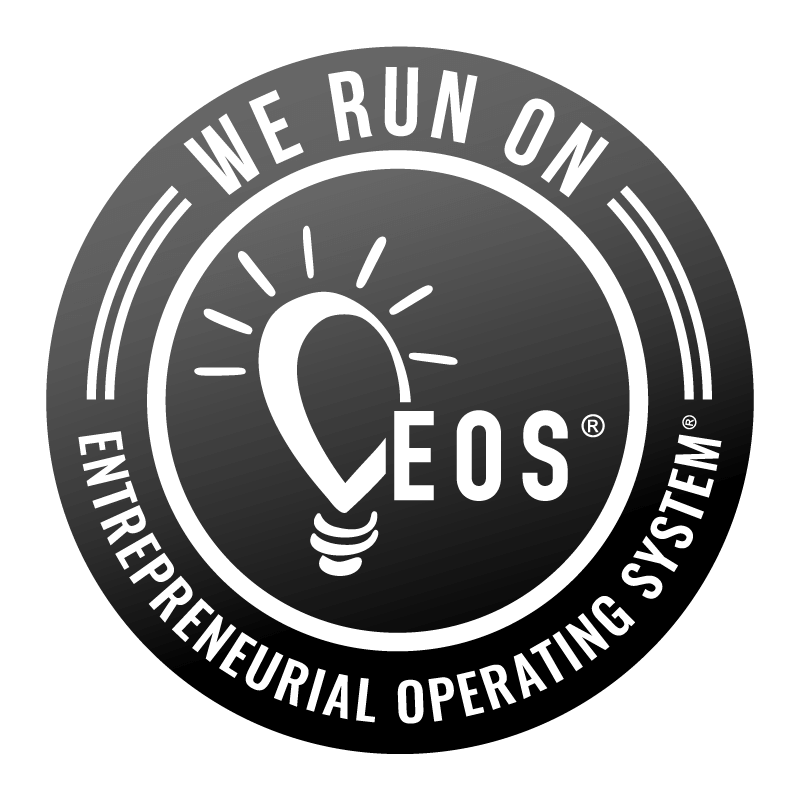Michigan is making national news. You wouldn’t blame cynics if they greeted that statement with a collective groan of, “What’d we do this time?” Perhaps I should revise that opening to say Michigan is making good news nationally. It doesn’t roll off the tongue quite the same but it’s a fact. And we have the marriage of manufacturing and technology to thank for it.
There’s an old saying that, “As Detroit goes, so goes Michigan.” Pundits may soon be revising that saying to lead with, “As Detroit and Grand Rapids go”.
Michigan, specifically Detroit and Grand Rapids, was the subject of an Engadget feature titled Michigan’s manufacturing past is fueling its tech future. The piece is a case study on the opportunities presenting themselves to forward-thinking manufacturers who embrace tech and talent development.
It’s a lengthy article but well worth the read. The Cliff’s Notes are below to wet your whistle:
Michigan’s struggles have played out on the world’s stage. Just after the turn of the century began what’s referred to as the state’s lost decade, the economy faltered, oil prices skyrocketed and the housing market crashed. Nearly a million jobs left the state between 2000 and 2013, many of them in manufacturing and the automotive industry. For a state of just under 10 million people, the impact was devastating: Unemployment was higher than the national average by more than four percent.
On the state’s west side lies Grand Rapids, where 20 percent of the area’s residents are employed in manufacturing jobs, twice the national average, according to a recent report from the Los Angeles Times.
Manufacturing is changing, and assembly line jobs are increasingly being handled by robots. Where humans were once doing the physical labor themselves, they’re now supervising several machines at a time or operating as quality control. As time goes on, more areas of low-skill labor will be taken over by artificial intelligence, machine learning and automation in what’s being labeled the fourth industrial revolution.
“When you walk through a plant, there are going to be very few humans on the floor, but there’s going to be hundreds of people that are high-tech [trained], maintaining all those systems, because they’re not stupid systems that are just stamping out metal parts,” said Tom Kelly, executive director of the Michigan-based nonprofit Automation Alley. “Michigan is poised extremely well to play in that space, because we know how to make things. We know how to make things high quality, cheaply, quickly. All the things you want, and at volume.”
Out west, the tech and startup scene is a little different. While Henry Ford was dreaming up assembly lines and the Model T, Grand Rapids, a quarter the size of Detroit, was a hub for the logging and furniture industries. The latter still holds sway in town; Herman Miller, Steelcase and Haworth all have headquarters there. The metro area also has a rapidly expanding medical-research scene, a number of well-regarded craft breweries and Amway’s global headquarters. Rather than assembly-line jobs, many of the automotive plants in town focused on stamping or tool-and-die making, like the 1,500-employee stamping plant that made sheet metal parts for GM trucks and SUVs that was shuttered in 2009 or Riviera Tool, which was acquired by Tesla in 2015.
Grand Rapids’ battles following the economic downturn were different than Detroit’s, Tim Mroz, vice president at The Right Place, said. “Our biggest challenge in 2012, 2013 and 2014 was that there was so damn much cash in the bank for these manufacturers that it was just sitting, waiting for something to do with it.”
That’s where Start Garden, the incubator founded by Amway heir and Secretary of Education Betsy DeVos’ son Rick DeVos, comes in. The accelerator works to match tech startups with established local businesses like Steelcase as a way of marrying tech ideas with manufacturing. From its outset in 2012 until 2015, Start Garden offered $5,000 per week for a good startup pitch. On monthly Update Nights, previous winners would compete for an additional $20,000 in funding. One of its biggest early successes? Boxed Water Is Better, the purified tap water that comes in minimalistic paper cartons.
The Right Place, a West Michigan business accelerator, recently lured data center company Switch to set up its $5 billion Eastern US data center in the confines of a nearly 660,000-square-foot, cement-and-glass pyramid.
“Simply by making that decision [to locate in Grand Rapids], it raised the tech landscape several levels that would have taken a decade or two to build on our own,” Mroz said. “We got a free ‘skip ahead 20 years’ card.”
Next to its workforce and culture of innovation, comparatively inexpensive housing and cost of living are one of Michigan’s strongest selling points. Almost everyone interviewed for this piece said the same thing: The state isn’t doing enough to market itself. The Pure Michigan TV spots with Tim Allen voice-overs work to promote tourism outside the state, but there aren’t a lot of efforts being made to attract talent from the coasts for permanent residence. Once people get to Michigan and see what the state has to offer in terms of quality of life, their minds start to change. It’s getting them to consider Michigan that’s the hard part.
“The best way you can get somebody here is to have warm referrals,” Governor Snyder said. “People that have had experience here.”
Around 14 percent of new jobs in the state come from the auto industry, but Start Garden’s Ross II argues that the likes of Ford, Chrysler and GM are transitioning from purely automotive companies to mobility companies.
This new, tech-driven manufacturing also involves vendors outside the usual suspects, like LG for lithium-ion batteries made along the Lake Michigan shoreline in Holland or the planned $25 million EV-parts plant that will employ almost 300 in Detroit suburb Hazel Park.
The missing piece is people. People to help fill Detroit’s seven-lane city streets. People who will take the forward-looking manufacturing jobs being created. People willing to move from Austin to pursue their game-development dreams. People who start companies to fight Comcast head on for customers. People who will set up shop and train locals in new crafts. People working night and day to attract new talent to the state. People turning Michigan into a 21st-century manufacturing powerhouse. The kind of people who pulled the state through its lost decade.
“When things get hard, you reinvent yourself,” Start Garden’s Ross II said. “If I was a betting guy, I would bet on Michigan anytime.”
If you hail from the Mitten State, it’s a great time to be a Michigander. For businesses and individuals considering relocating to Michigan the sales pitch is easy – ”What are you waiting for?”
By Jason Piasecki, Partner + Michigan Man









